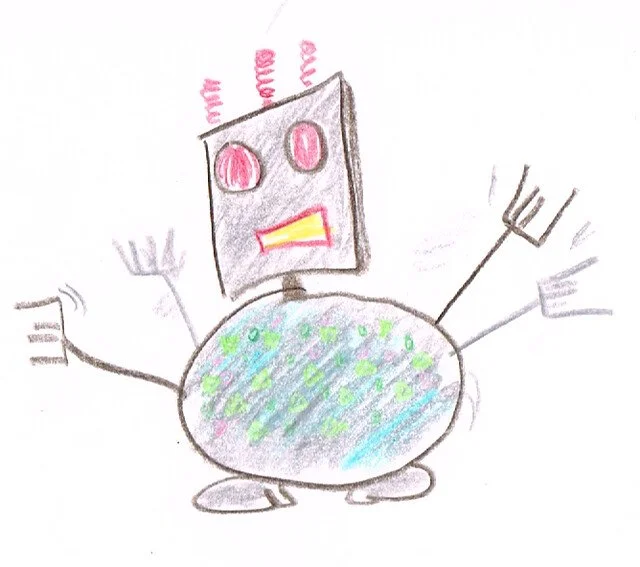I keep seeing blog articles and guides about using AI in education, and they mostly seem to be a form of painting by numbers. That is, they include detailed prompts for you to (presumably) copy and paste for your own use.
I think the best way to lear which prompn ts work the best, in a particular situation, is to experiment.
I think it’s worth involving students too, in the following ways, all of which I've adapted from other education technology initiatives in which I've been involved:
Ask a group of students to create, after consultation, a responsible use policy. You can either have a top-down imposed Acceptable Use Policy or a Responsible Use Policy that has buy-in from the students from the outset. I've written about Responsible Use Policies here: Responsible Use Policies.
Set up a pupil AI champion scheme. This would involve pupils helping other pupils and staff with AI-related issues. Similar to Digital Champions. I've written about digital champions here: Digital Champions.
Have pupils try out different AI apps. Which ones give them better resuklts, such as in terms of searching the web?
Have pupils look at AI-generated output, whether in the form of essays or assessment. Ask them to evaluate the results, and make recommendations. I've seen this sort of thing done in relation to software and laptops.
I may be able to make more suggestions soon, once I've finished reading the transcript of a recent AI in education conference.
I've been trying out AI a lot. I think it is far superior to Google as far as research is concerned. I use Perplexity.ai. Not only does it return useful resulkts to a query rather than a load of persiflage, it can perform tasks such as putting the information in the form of lists. I know I have barely scratched the surface.
I've also experimented with using it for assessment. I wasn't too impressed with it to be honest.
You might find these articles interesting:
My issues with assessment by AI
The DfE's foray into AI for education: the good news and the (potentilly) bad news



